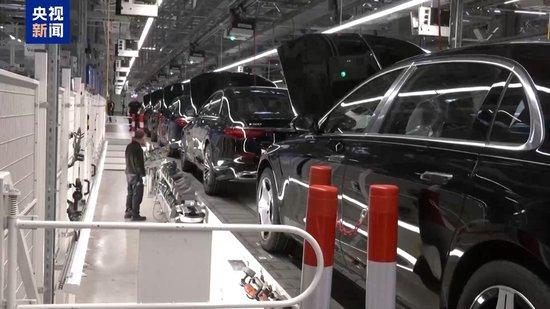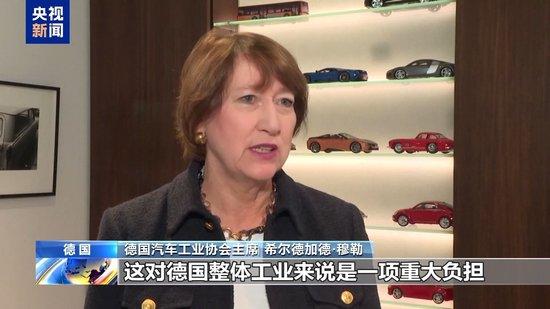

As Germany’s most representative pillar industry, the automotive sector has been particularly impacted by US tariff policies. Audi, a German car manufacturer, announced in its financial report for the first half of 2025 on July 28 that due to the additional tariffs imposed on cars imported from the European Union, the company’s net profit after tax decreased by more than 30% year-on-year.
Audi’s net profit for the first half of the year was 1.346 billion euros, down 37.5% year-on-year.
Ulrich Rittersberger, Audi’s Chief Financial Officer, stated that the main reason for the decline in profits is the increase in US tariffs and the cost of corporate transformation. He pointed out that the US tariffs have caused the company to lose about 600 million euros. In the first half of the year, Audi’s global vehicle deliveries fell by about 6% year-on-year.
Volkswagen Group, the parent company of Audi, recently released its financial report stating that due to US tariffs, the group incurred an additional cost of about 1.3 billion euros in the first half of the year, with its operating profit decreasing by 33% year-on-year.
Tariffs severely affect the cash flow of German car manufacturers. The Financial Times reported on the 28th, citing a report, that due to factors such as US tariff policies, the cash flow of three major German car manufacturers this year could decrease by 10 billion euros. Among them, Mercedes-Benz Group’s cash flow in the automotive production business may drop from 9.4 billion euros last year to 3 billion euros, Volkswagen Group’s cash flow may decrease from 7.1 billion euros to 3.3 billion euros, and BMW Group’s cash flow will decrease from 4.8 billion euros to 4.4 billion euros.
Under the impact of tariffs, the German automotive industry still faces significant burdens.
Given the severe impact on the German automotive industry, can the new trade agreement reached between the US and Europe on the 27th “lighten” the load for automakers? Although the new agreement stipulates that the US will impose a 15% tariff on automobiles and other products exported to the EU, which is a reduction from the previous 25%, the tariffs on steel and aluminum remain at 50%. Due to many suppliers passing on the increased costs of imported parts and raw materials like aluminum and steel to automakers, further reducing their profit margins.
The chairman of the German Automobile Association expressed that this agreement only “slightly improves” the situation, and the German automotive industry still needs to bear billions of euros in debt.
Silke Müller, Chairman of the German Automobile Association:
Overall, this is a significant burden for the entire German industrial sector, especially for the automotive industry. For us, it’s only slightly improved because our ongoing tariff payments will decrease starting from April. But fundamentally, this still means that the German automotive industry needs to bear billions of euros in debt.
Trump’s tariff policies hit the global economy